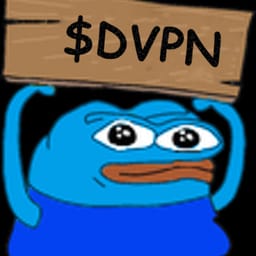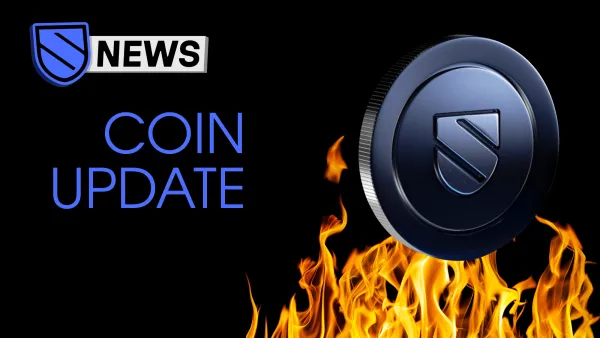Sentinel v12 Hub Upgrade: Faster Connections, Easier Subscriptions, and Better Nodes - Testnet LIVE
Everything you need to know about Sentinel's latest hub upgrade—and how it benefits you, whether you're an application user, hardcore backend contributor, or anything in between.
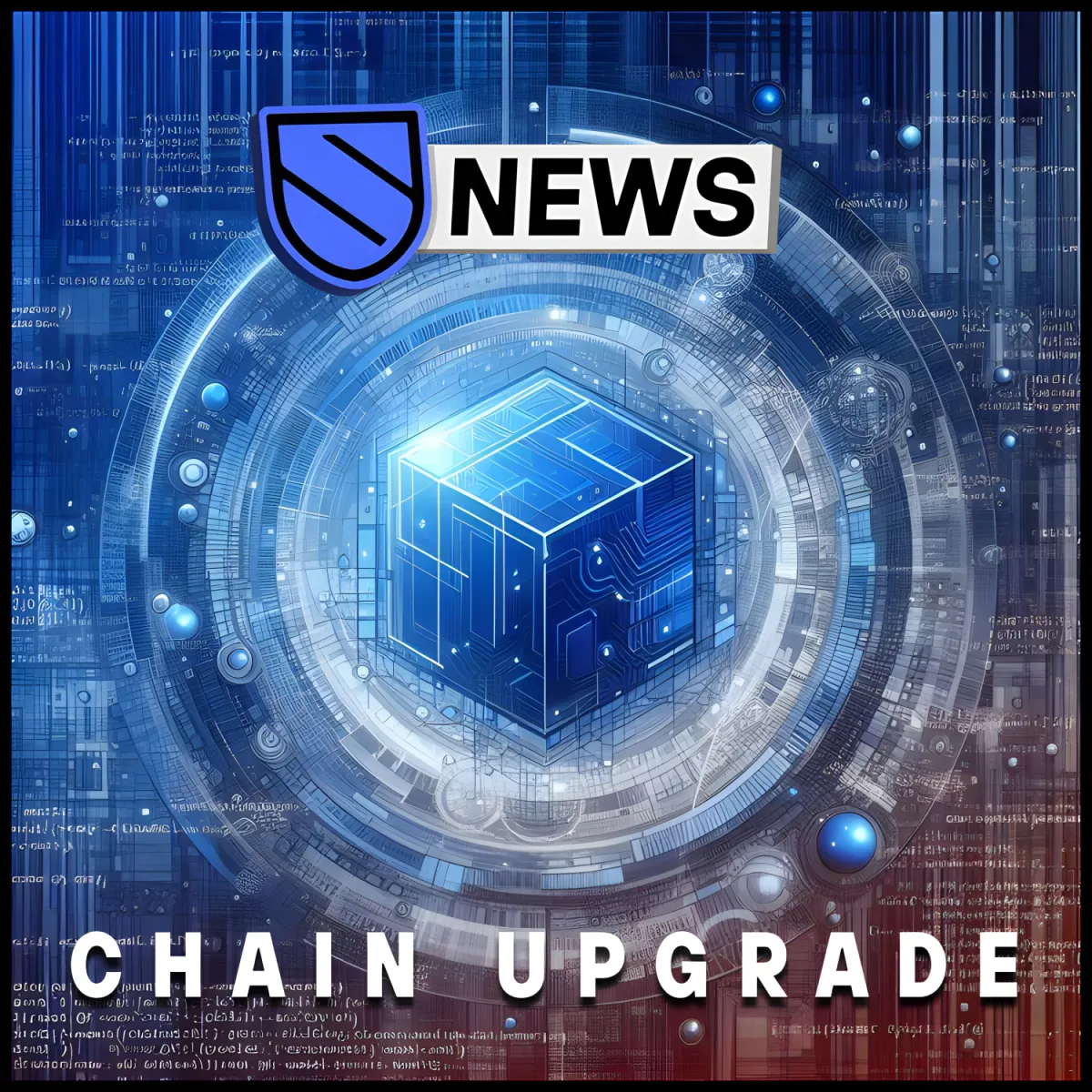
Test the Upgrade
"This testnet is critical for dVPN application developers and node hosts to ensure that dVPN functionality is not disrupted once the upgrade is done and the dVPN bandwidth protocol is updated."
- Sentinel Team
Node operators and other project contributors are encouraged to try out the testnet to familiarize themselves with the new dVPN Node architecture and assist the team with troubleshooting any issues.
A testnet is a prototype for a new version of a blockchain. It allows project contributors to test the new deployment before it replaces the old, obsolete version of the main blockchain (also known as a "mainnet").
Massive updates such as these are often called "hub upgrades" or "chain upgrades." They're used by teams to deploy fixes and new features en masse, instead of one-by-one. This hub upgrade, the first of its kind on Sentinel since autumn of 2023, will contain:
- Faster speeds and a more streamlined subscription experience for dVPN application users.
- Subscription pricing in apps can now be displayed in U.S. dollars (USD), making Sentinel's dVPN apps even more accessible to non-crypto users.
- Many quality of life improvements for the project's valued node hosts and developers.
To learn how to host a node so that you can try out the current testnet or participate in other backend testing phases in the future, check out the guides on Sentinel Docs.
Keep reading to learn more about this long-awaited upgrade of the Sentinel blockchain—and how it benefits you, whether you're an application user, hardcore backend contributor, or anything in between.

Upgrade Summary
A glance at what's coming soon to Sentinel.
The objective of our coverage here at dVPN News is to break down the upgrade for you in as simple of a format as possible. For our upgrade summary, we'll split the impact into three perspectives: application users, node hosts, and dVPN developers.
I. Application Users
Sentinel is about users, not science projects. This mantra is reflected even in the project's approach to backend development: Enhancements of the in-app experience for everyday dVPN users are front-and-center in the hub upgrade.
⚡ Faster Connections
The chain's block time will be reduced from five seconds to three.
In technical terms this means that transactions will be faster on the Sentinel blockchain—and in practical terms that will mean an increase of >30% to in-app dVPN connection speeds, according to the team.
💲 USD Node Pricing
Pricing for Sentinel Nodes and dVPN subscriptions can now be displayed in U.S. dollars within apps, thanks to an Osmosis-integrated pricing oracle.
It should be noted that the USD pricing oracle is just a superficial conversion of a node's DVPN price to dollars for the convenience of app users. DVPN remains king for commerce on the Sentinel blockchain.
🔄 Auto-Renew
Application users can now set their subscriptions to auto-renew through on-chain methods, instead of topping up their subscription manually every time it expires, or auto-renewing through third-party workarounds.
🆓 Free Nodes
Sentinel Node hosts now have the option of offering totally free dVPN service to app users.
The main purpose of this is to give application developers greater flexibility in offering free trial periods, but the Sentinel Growth DAO has already announced that its nodes will be adopting this model full-time after the upgrade is deployed.
Please note that not every Sentinel-powered dVPN application offers the same set of nodes; therefore, whether free nodes are available for selection depends entirely on which app you are using.
👍 Fewer Confirmations
The on-chain subscription process has been streamlined, meaning fewer clicks or taps to get connected and start browsing securely with your dVPN app.
➕ Multiple Sessions
It is now possible to create multiple sessions with an individual node from a single wallet.
For example, if you have a subscription to a particular node you can now connect both your phone and computer to it simultaneously. Previously, this would have necessitated creating a separate payment account on each respective device.
II. Node Hosts
"The node hosting ecosystem is going to get all the fixes [needed] for an easy and consistent process of earning," promised a member of the Sentinel Foundation last month. We now know the full extent of these fixes:
🏗️ New Node Architecture
Sentinel's new dVPN node architecture no longer requires Docker—and the team has hinted that it might make Windows and Mac ports feasible in the near future.
⚕️ Health Check Revamp
The long-awaited refresh of the automated health check system has arrived. The team promises that the new queue system will reduce the number of errors and unexplained failures encountered by hosts.
In the words of a team member:
“The new health check system is very sophisticated. Not only can it be distributed, but there is a queue based system... Node hosts can resubmit their node into the queue before the next scheduled health check period. Whenever there is a blockchain event for the node status update, the address will be added to the queue automatically (if it's not in the queue). Alternatively, anyone can request the API to perform the health check for a node using a webpage, so the address will be pushed to the queue.”
🔧 Automatic Min/Max Pricing
Because of the Osmosis-powered price oracle, the minimum and maximum rates for service can be set at a fixed USD rate.
In the past, those values had to be adjusted through governance every time there was a substantial fluctuation in the market value of DVPN against the dollar.
⌛ Time-based USD Pricing
Node hosts can now set their pricing for periodic (time-based) subscriptions in USD, with aid from the aforementioned Osmosis oracle. As seen in the section below, this can even help get your node into an application's custom subscription plan.
III. Developers
In addition to the following developer-oriented feature additions, v12 of the Sentinel blockchain features updated versions of the Cosmos SDK, CometBFT, CosmWasm, and IBC.
💸 Mass Auto-Renew for Plans
Never worry about your application's users being left in the cold even for a minute: If you host an on-chain subscription plan for an application, topping up the various nodes which constitute it can now be done automatically.
🤝 Easier Free Trials
With dVPN nodes now able to provide service for no cost (see the application users section) it is now easier than ever to set up free trial periods for your users. No more workarounds needed.
🔍 Add Nodes Based on USD Price
Nodes can now be selected and added to subscription plans based on their USD/hour rate. Create a custom plan for your app and track every detail about your expenses without getting bogged down in crypto-to-fiat calculations.
👥 Separate User Categories
User sessions are now divided into "node-based" and "subscription-based" categories. This will give developers greater flexibility in configuring their application's backend and creating an experience tailored to their userbases.
❌ Automatic Session Deactivation
User sessions will now automatically terminate if their node becomes inactive, the user's subscription expires, or the node gets removed from their plan.
What Comes Next?
On the Sentinel blockchain, testnet periods before hub upgrades typically last a few days to a few weeks. Once the testnet period comes to a conclusion, the team will submit the full chain upgrade as a governance proposal to be voted on by Sentinel Coin (DVPN) stakers.
After the week-long voting period ends and the proposal is passed, the upgrade will finally be deployed.
Nothing else will be required from application users; but validators, developers, and other backend contributors should stay tuned to team communications in case any action is needed at their end during the upgrade deployment process.
Further Reading
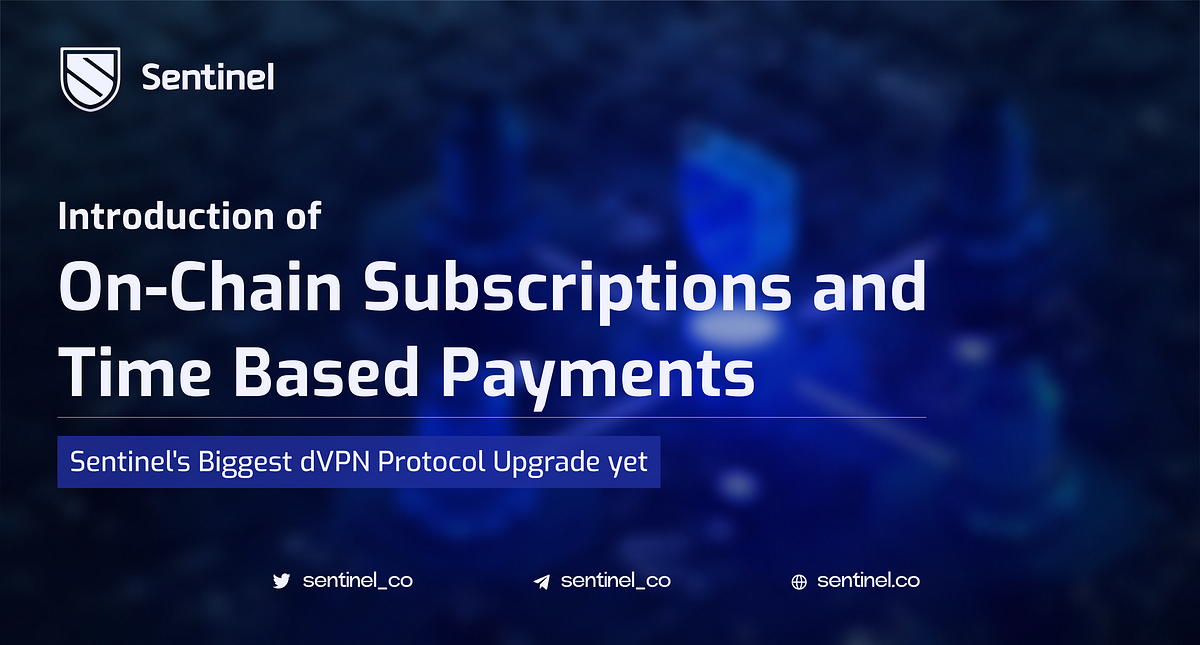
A team article about Sentinel's last major hub upgrade in September 2023.
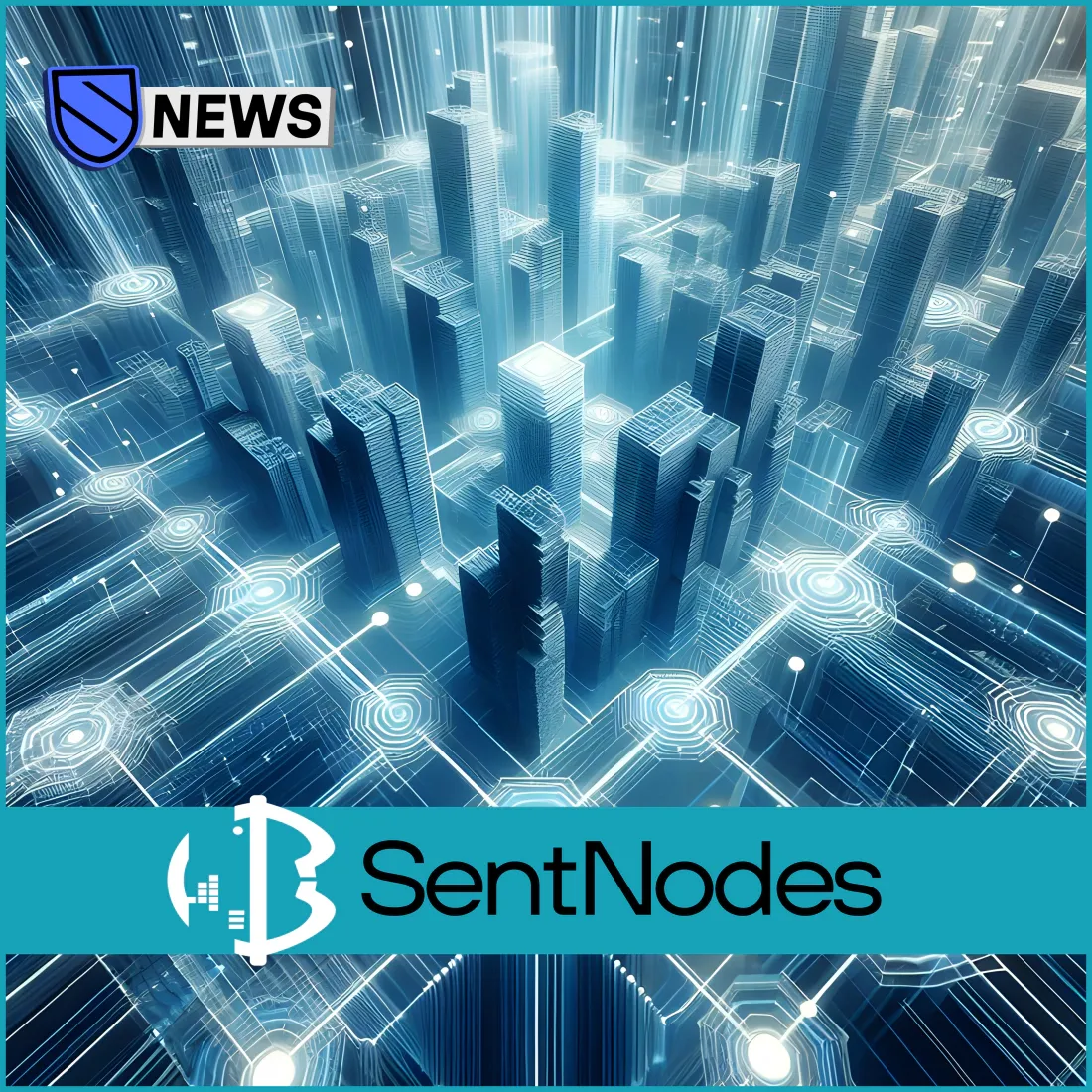
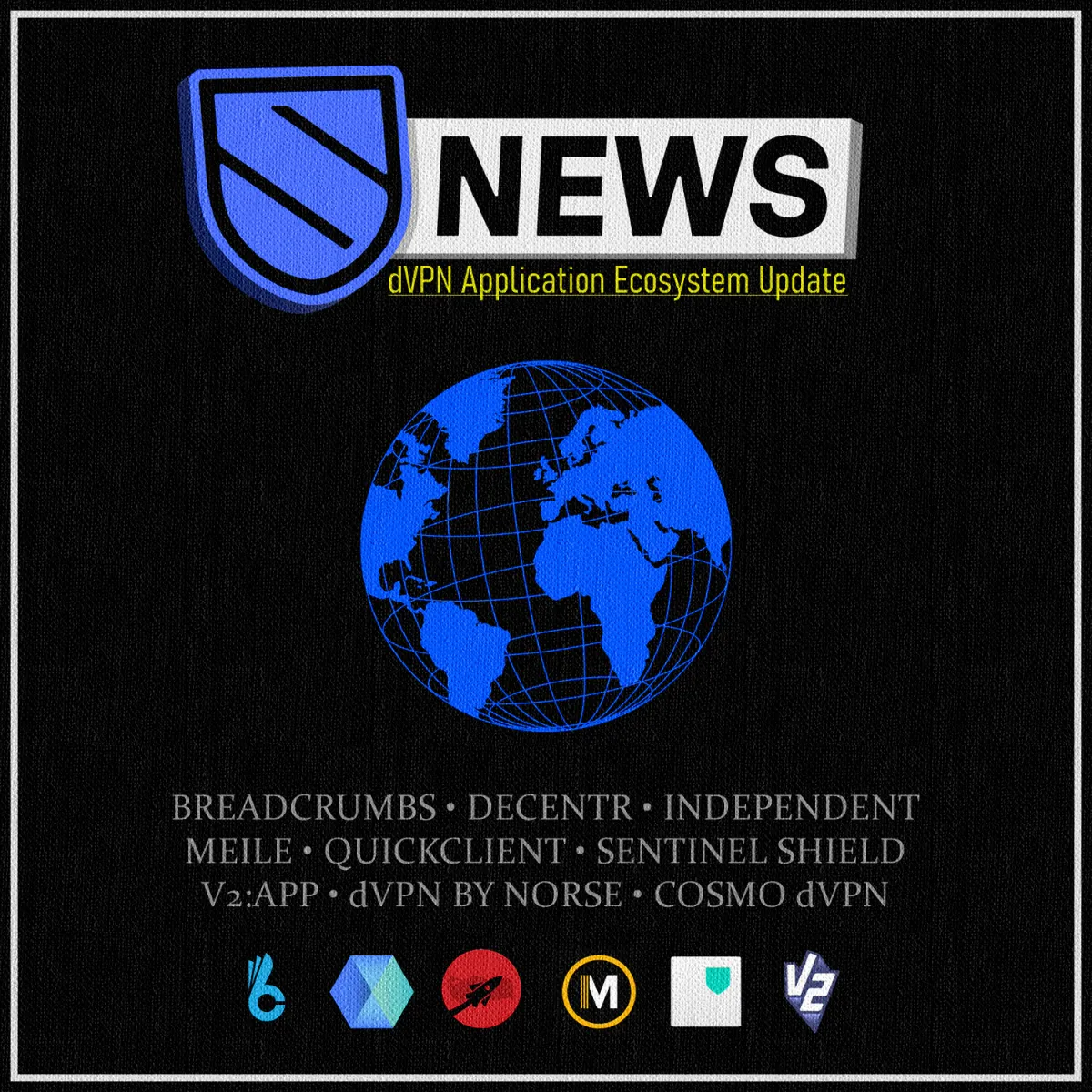
At dVPN News, every member of the Sentinel community is a contributor. Whether you're writing articles, sharing tutorials, or participating in discussions, your involvement is what drives our collective growth, and best of all it's rewarded! Together, so if you to contribute to the growth of the Sentinel Network, you are in the right place!
Connect With Us
Stay in touch and be part of our growing community:
• Follow Sentinel on X.
• Follow the Growth DAO on X.
• Join the Growth DAO community Telegram Group.
• Join the official Sentinel Subreddit, r/dVPN.



